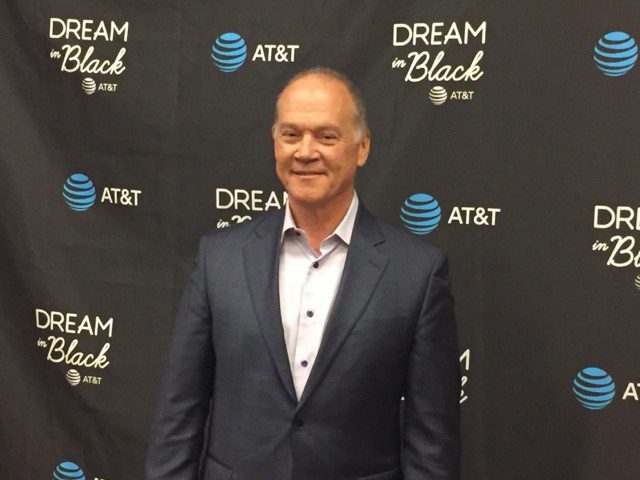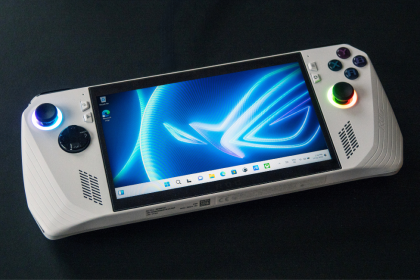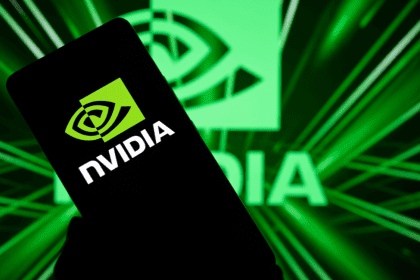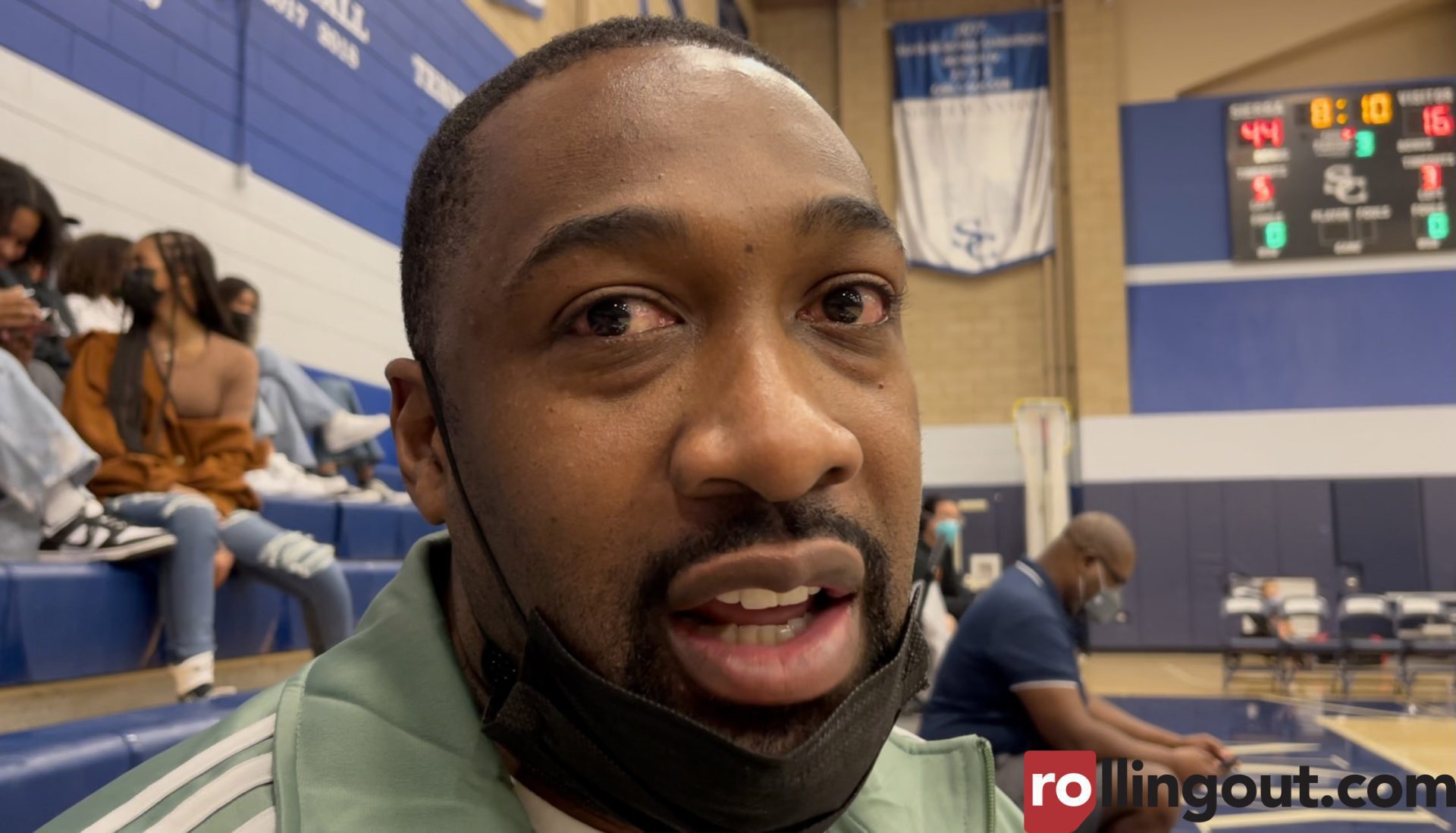(Family Features) – Regardless of age, sex, ethnicity, race, education or location, the number of Americans who are obese, diabetic or suffer from heart and other chronic diseases continues to rise. But new technology is helping to improve patient well-being.
By using mobile health products and services, such as those offered by mHealth, the wireless industry is dramatically reforming health care via the three pillars of reformation: improving access and quality of care while decreasing costs. According to CTIA-The Wireless Association’s semi-annual survey, there are more wireless devices (322.9 million) than Americans (315.5 million), so it makes sense to connect health and wireless technology.
Wireless Health Technology Is Efficient
When doctors monitor their patients remotely, patients save time and money by cutting down on in-office doctor’s appointments. If there are irregularities with the patient’s health, doctors are made aware via wireless monitoring, and can properly address the matter by alerting their patient to visit the emergency room, or prescribe medication.
In a field in which every second counts, doctors can improve care by receiving real-time delivery of medical tests and other vital information. With these tech innovations, patients can be prompted by text message to check their glucose level or take their blood pressure. Remote monitoring also means medical professionals can detect health problems such as cardiac arrhythmias.
Wireless Health Care Benefits for Patients
- A recent CTIA and Harris survey found that physicians believe more than one quarter of their patients would benefit from wireless services. In addition, 80 percent of doctors and 89 percent of specialists said they want to see continued investment in mHealth as wireless technology is able to improve and promote better healthcare.
- Wireless medical devices are especially beneficial for people in rural and remote areas who do not typically have readily available access to the best healthcare professionals. Regardless of one’s location, mHealth solutions eliminate inconsistency in healthcare by offering patients the opportunity to receive the best access and care.
- Currently, there are more than 17,000 mobile apps available for consumers to track weight-loss, exercise and fitness progress or to help manage chronic disease. For example, some apps help diabetics record their daily blood sugar levels. If the levels entered are harmful or dangerous, a text message alerts users with suggested steps and tips to prevent the condition from getting worse.
- Expecting and new mothers can receive free weekly text messages via text4baby. These messages coincide with the baby’s due date or date of birth. Started in February 2010, and led by National Healthy Mothers Healthy Babies Coalition, text4baby has sent more than 250,000 medically underserved people health tips.
Wireless Health Care Predictions
- According to international consulting and marketing firm Global Partners Inc., it is projected that 60 million people will benefit from using tools like remote patient monitoring devices by 2013 to prolong and improve their health.
- The U.S. currently spends more than any other industrialized country in the world on health care, approximately $2.2 trillion every year, but mHealth solutions could help save as much as $21.1 billion per year.
Thanks to the proliferation of mobile products and services, ease-of-use and continued innovation by the wireless industry, mHealth can dramatically revolutionize our healthcare system. But in order for mHealth to make a significant impact, the wireless industry needs more spectrum. It fuels the wireless industry so we can meet consumers’ demands for everything from accessing the mobile Internet to powering mHealth solutions.
To learn more about the future of mHealth and the wireless industry’s need for more spectrum, please visit: https://www.ctia.org/advocacy/policy_topics/topic.cfm/TID/59.
Photo courtesy of Getty Images














